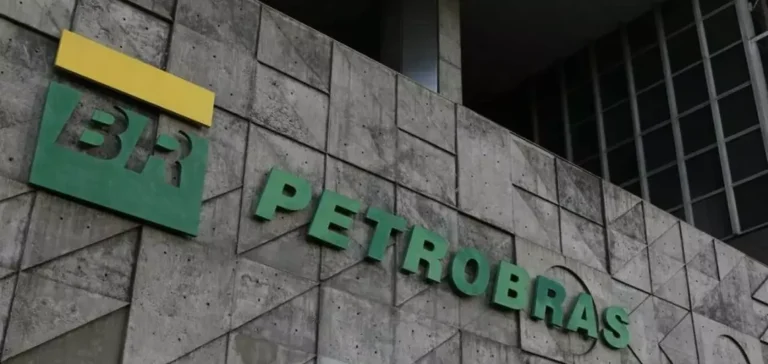Petroliam Nasional Berhad (Petronas) is poised to expand its activities in South America by launching an exploratory drilling campaign on Block 52, located offshore Suriname. This operation, commencing this Sunday, aims to assess the scale of commercially viable hydrocarbon reserves in this promising maritime area. The initiative is conducted under the oversight of Staatsolie Maatschappij Suriname NV (Staatsolie), the Surinamese national company responsible for supervising the country’s oil and gas resources. This new project illustrates international oil companies’ commitment to further developing offshore resources in Latin America, a region experts view as having significant potential.
Deployment of the Noble Developer Rig
The Noble Developer rig, owned by Noble Corporation, an American firm specialized in offshore drilling operations, arrived in early July in Surinamese territorial waters specifically for this mission. Noble Corporation, a leading industry player, was selected by Petronas after a thorough evaluation of the technical and operational capabilities required for the success of this exploratory campaign. The semi-submersible platform deployed is equipped to handle deep-water drilling conditions, capable of operating at depths of several thousand meters below sea level. The operational and logistical expenses incurred underscore the strategic importance Petronas places on this project.
Regulatory Approval and Local Supervision
The drilling campaign previously received authorization from Suriname’s National Environmental Authority, the national agency responsible for issuing environmental permits. This official approval, granted in mid-June, marked a crucial milestone enabling the actual start of operations on Block 52. Staatsolie, in its capacity as the local energy authority, is carefully supervising the entire process. This collaboration among Petronas, Staatsolie, and Surinamese environmental authorities highlights the strict requirements and regulatory constraints governing offshore projects of this nature.
Economic Implications and Regional Prospects
The potential development of new offshore reserves is being closely watched by investors and regional economic actors, as South America seeks to strengthen its position as a major hub for oil and gas production. The possible success of Petronas’ operations could encourage other international companies to expand their presence in the region. Direct economic impacts for Suriname could result in increased revenues from oil production, contributing to diversification of the country’s financial resources. This exploratory drilling campaign symbolizes emerging business opportunities within the Guyana Basin waters.






















